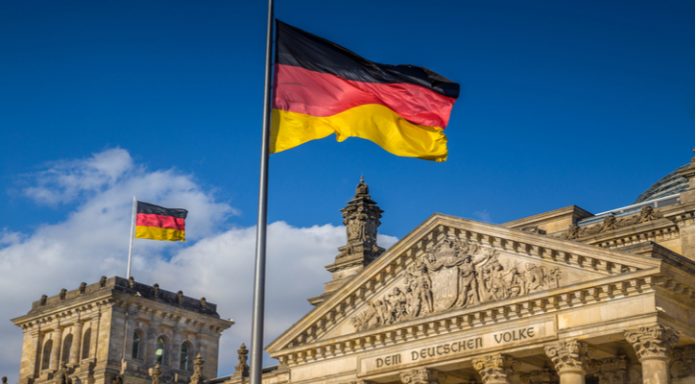- Pound (GBP) rose after BoE hinted to large rate hikes
- UK GDP contracted in August
- Euro (EUR) fell despite upbeat industrial output data
- German inflation data due
The Pound Euro (GBP/EUR) exchange rate is edging lower after strong gains in the previous session. The pair rose 1.3% yesterday, settling at €1.1438 after trading in a range between €1.1278 – €1.1456 across the session. At 05:45 UTC, GBP/EUR trades -0.13% at €1.1426.
The pound pushed higher on Wednesday despite the selloff in government bonds accelerating, pushing UK government borrowing costs higher as the BoE reiterated its plans to end the emergency gilt buying scheme on Friday.
BoE Governor Andrew Bailey had said that there was a hard deadline of Friday. Although some reports early today suggested that they may have been some leeway.
Chief economist at the Bank of England Huw Pill then followed up on the central bank’s message saying that the central bank needs to focus on fighting inflation. He indicated that the BoE could raise rates aggressively.
On the data front the UK economy unexpectedly contracted in August. Economic growth slowed by -0.3%, worse than the 0% forecast. This was after a 0.2% rise in July. The data suggests that the UK economy is on the brink of recession.
Today there is no high-impacting UK economic data due for release. Attention will remain on the bond market.
The euro fell versus the stronger pound as investors digested strong-than-expected eurozone industrial production data. The figures showed that factory output rose 1.5% month on month, after dropping -2.3% in August.
The data comes as the European Central Bank’s Lagarde said that the eurozone economy wasn’t currently in a recession. She highlighted the positive labour market trends, insisting that there has never been such a positive employment situation.
Christine Lagarde’s assessment is in contrast to many economists who consider that the eurozone will contract in Q4 2022 and Q1 2023.
Attention now turns to German inflation which is expected to confirm the initial 10.9% reading in September, up from 8.8% in August.





